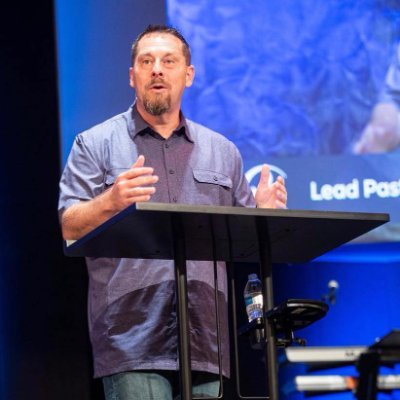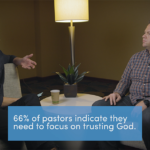
If you want to change the world, including leading a church to do so, then guiding a congregation toward those ends carries a hefty price.
By Joel Rainey
Two years before I was born, a group of students at Kent State University gathered to observe what would, in just a few years, become known across our country as “Black History Month.”
Their vision for recognizing the contributions of African Americans to advance civilization is the reason I learned about such towering figures as Booker T. Washington, Mary McLeod Bethune, Harriet Tubman, and Maya Angelou in second grade.
But of all the figures I learned about in my rural South Carolina public school, the one most polarizing to my community was a Baptist preacher whose life ended with his murder on a Memphis balcony just 14 years earlier.
Listening to the various and sometimes vicious statements about him resulted in the first lesson about leadership my 10-year-old self would learn from Martin Luther King Jr.
Today, most everyone loves King’s “I Have a Dream” speech, but few are aware of what transpired in the aftermath of that speech or the cost involved in bringing about the change necessary for King’s dream to be realized.
If you want to change the world, it’s going to cost you. Similarly, if you’re going to lead a church to change the world, then planting or revitalizing it toward these ends carries a hefty price.
If you want to lead well, you can learn these five lessons from a man who launched a national dream toward which we still aspire today.
1. You’ll find your ideas among the unpopular minority.
So many of the ideas King forwarded are merely assumed today. Nearly every citizen in our nation is aghast at the thought of segregated lunch counters, burning crosses, and “separate but equal” schools.
Yet just a moment ago in time, these things were all real and accepted as the norm. To that world, King’s “dream” sounded more like a nightmare.
The threats on his life, police brutality throughout the American South, and the confrontation between federal and state governments show his ideas weren’t readily accepted.
Standing on this side of that history, we tend to look at the romanticized version of King embodied in his famous 1963 speech in front of Lincoln’s memorial.
It’s nearly impossible to stand firmly within the 21st century and believe his lofty picture of “the sons of slaves and the sons of slave owners” sitting down together was so opposed.
Great ideas aren’t often initially received as great ideas.
2. You must care about something much bigger than yourself.
His life was threatened. His family was threatened. He received multiple bomb-threats, and most of his letters were written from jail cells.
To endure such hardship, you have to look beyond your comforts toward something bigger. And you have to believe that the bigger picture is possible.
Do you care enough about the church and its potential impact on the world to endure inevitable hardship?
3. You’ll be misunderstood–often.
Growing up in the South, I heard many adults speak of King as a “troublemaker.” I remember asking–quite innocently–why it was so wrong to seek equality between whites and blacks.
The multiple answers I received sounded something like this:
- He stirred up things he didn’t need to stir up.
- He caused so much unrest. Surely there was a better way to do it.
- He could’ve left well-enough alone. Things weren’t that bad.
To be a change-agent you must be prepared to be seen as a troublemaker.
4. You may never live to see the change you created.
Even after King’s death, I was born into an environment in which mixed race marriages were still illegal, and would remain illegal until I was in high school.
King’s dream continues to unfold today, and he never lived to see most of it.
Initiators of lasting change may never be able to personally experience the benefits of such change.
5. It may cost you your life.
King’s life was horrifically, unjustly, and suddenly cut short on a motel balcony in 1968 because people hated him and his message.
Throughout his professional life, King seemed acutely aware of this possibility and embraced it as part of the potential cost.
People who change the world are willing to give their life for the change they believe necessary.
So who’ll be the next world-changer? The next change-agent whose ideas make this a better society? I’m not sure. But without these traits, there can be no substantive, transformative, legacy-creating leadership.
God, give us more church leaders willing to count the cost—and pay it for the sake of something bigger than themselves.

Joel Rainey
Joel is the lead pastor of Covenant Church in Shepherdstown, W. Va. He’s husband to Amy, father of three, serves on the adjunct faculty of Southeastern Baptist Theological Seminary, is the author of four books, and blogs at Themelios.
Removing the Stain of Racism
From the Southern Baptist Convention
Kevin Jones (Author), Jarvis J Williams (Author)
FIND OUT MORE











